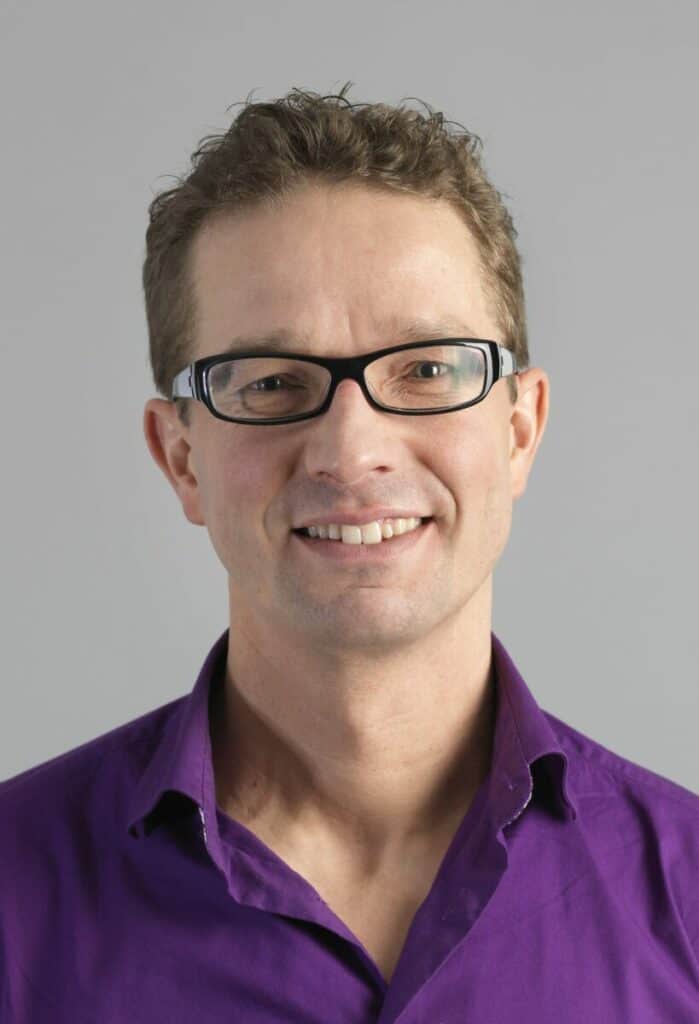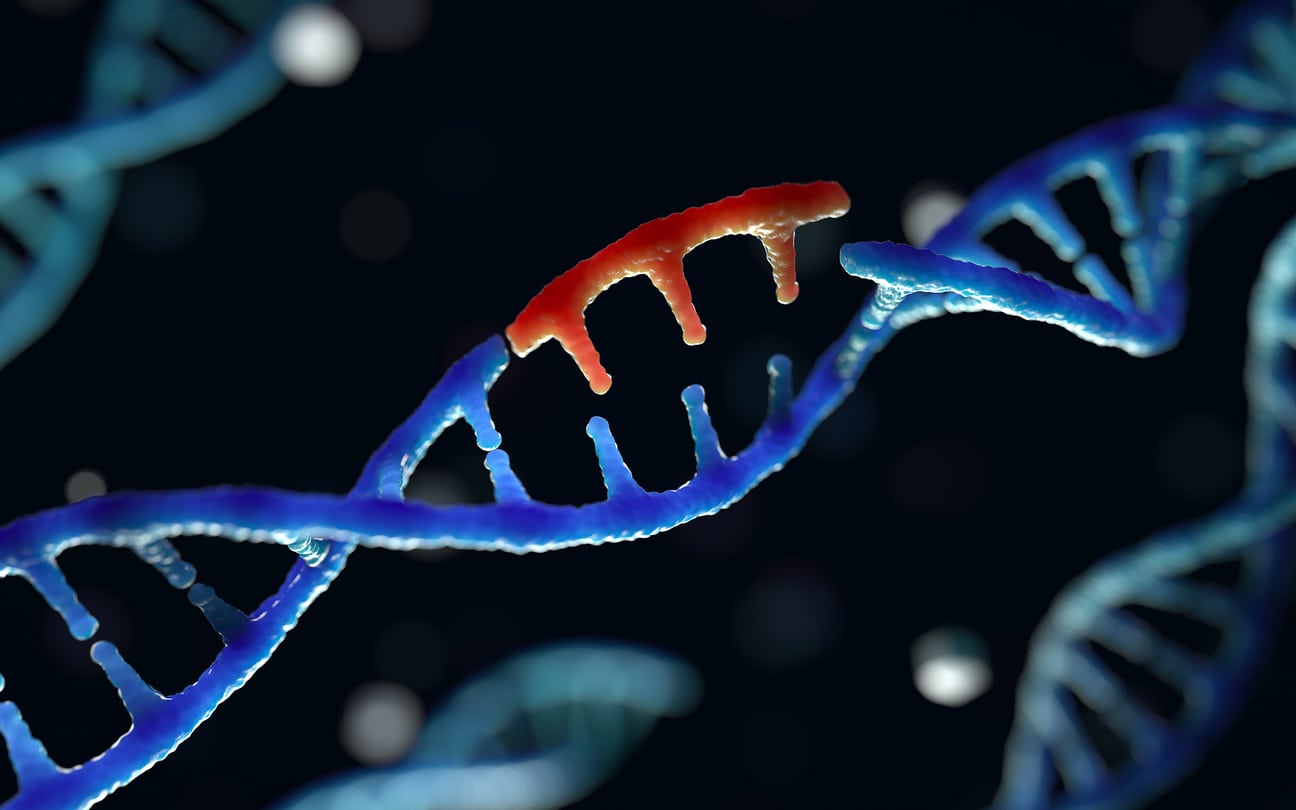
Professor Joris Veltman FMedSci is Dean of the Biosciences Institute at Newcastle University and a former Trustee for the Centre for Life.
Hi, I am Joris Veltman, a Dutch human geneticist working in the Faculty of Medical Sciences at Newcastle University, with my research group located in the Biomedicine West Wing of the Centre for Life. I want to share with you how exciting it is to study our genome and try to unravel some of the many secrets it holds.
DNA consists of only 4 letters, A, C, G and T, but there are 3 billion of these letters in the human genome, the complete set of genetic instructions that each one of us carries in duplicate in almost every cell of our body. Geneticists reading these letters and trying to understand what they mean need to learn a fascinating new language.
Amongst others, these letters combine into more than 20 thousand genes that encode for the proteins that our cells need to function. While all of us have the same genes, the letters making up these genes can vary or mutate, and that can change the proteins they encode for and their function.

Sometimes, a single DNA letter change can be sufficient to disrupt the function of an important protein and cause a severe disease, but finding this can be like searching for a needle in a haystack.
Understanding the effect of genetic variation is a critical part of genetics research. In our own research we try to find genetic variation that explains why some men do not produce any sperm and are infertile. In order to do that, however, we first need to be able to read the genome of our patients, each one consisting of these billions of DNA letters.
Fortunately, genomics technology has developed enormously in the last few decades. When I was an undergraduate student in 1993, it took me half a year to read a few hundred letters of DNA. Thirty years later, undergraduate students in our group in Newcastle can read thousands of DNA letters in seconds and will study whole genome data from hundreds of our patients, data generated by colleagues from the Newcastle University Genomics Core Facility located in the Centre for Life.
By comparing genome data from our patients with those of their parents, we try to identify genes that when mutated can result in infertility. This knowledge is important to improve care for infertile couples but may also be useful to develop male contraceptives.
Genomics techniques have now become widely available and patients with rare disease or cancer will now routinely get their genome studied as part of clinical care in the UK. This allows for more precise diagnoses that are important to tailor treatment, improve patient care and family planning purposes.
None of this would be possible without these powerful genomics technologies. These have reduced the time to read a human genome from decades to days and at the same time driven down the costs from 100s of millions of pounds to 100s of pounds today.
Technology has clearly impacted the field of genetics more than most areas in medicine. In that regard, I like the quote from Nobel Laureate Sydney Brenner who once said that “Progress in science depends on new techniques, new discoveries and new ideas, probably in that order.”
Genome sequencing technology is still evolving, and we are now evaluating a novel technology that can detect very complex types of genetic variation which so far have not been comprehensively studied. At the same time, already we detect millions of genetic variations in each individual human genome with the standard genomics technology.
For most of these variations, especially those not affecting our genes, we have no idea what their effect is. For that, we need to integrate genome and health information from millions of people and use artificial intelligence approaches to identify the complex relation between our genome and our health.
At this moment, we really do not understand our genomics language very well yet; we still live in the dark ages of genomics. It is important to improve our understanding of this language given that our DNA makes us who we are and affects our health and wellbeing.
By doing so we may one day be able to prevent illnesses from developing and delay the ageing process. I hope that you agree that this is a fascinating field to work in, there is still so much to discover, we have only just started!
